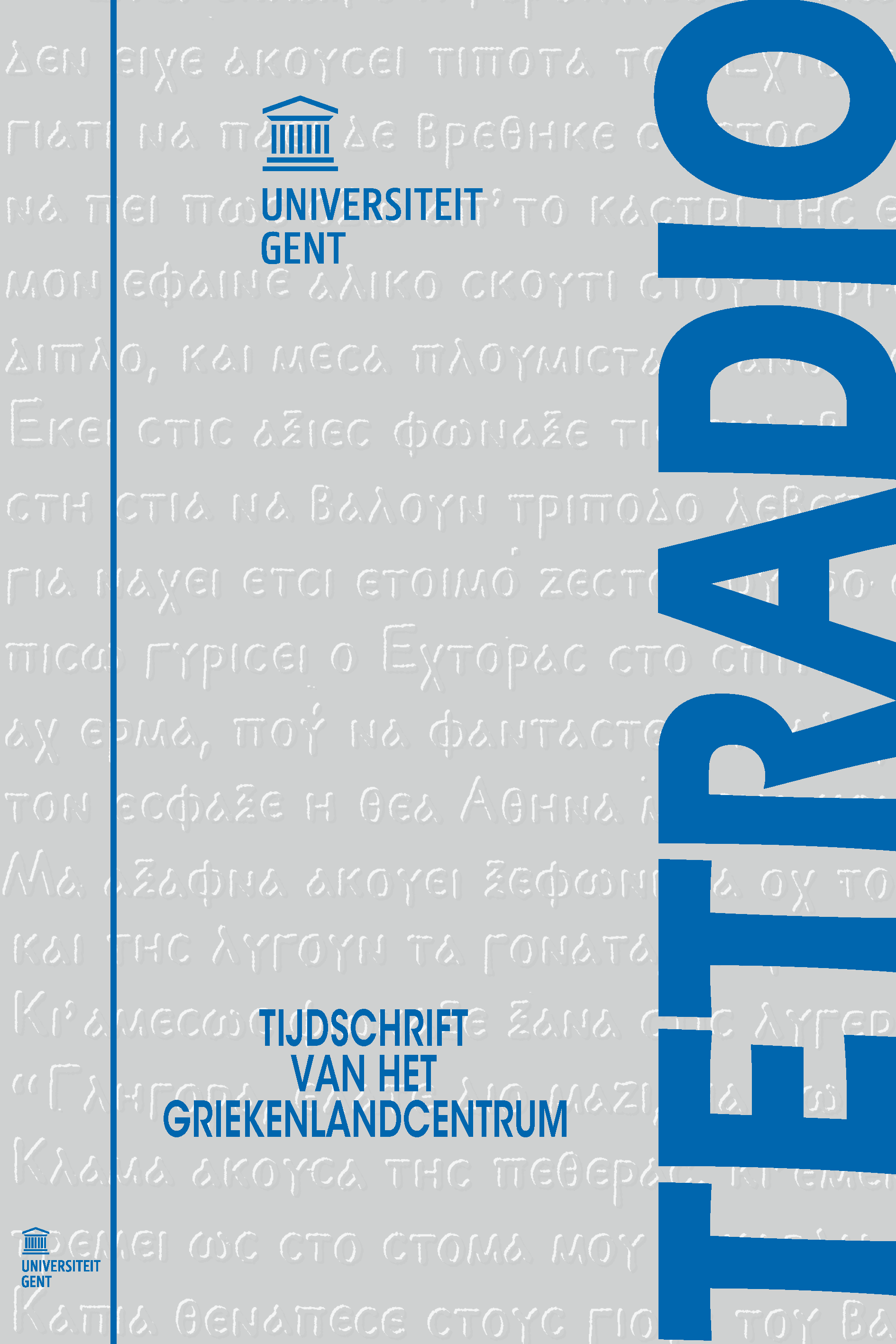Grieken en Barbaren: Antiek etnocentrisme en kosmopolitisme
- Danny Praet
Abstract
This contribution analyses the development of the antithesis between Greek or Hellene versus barbarian in ancient philosophy and religion from Heraclitus to Late Antiquity. In the classical Athens of Plato and Isocrates we can see a fascinating debate about a division of the world in us versus them. For Aristotle barbarians were slaves ‘by nature’ and Greeks should rule the world. Ancient natural scientists also contributed to the debate by explaining cultural differences from ‘objective’ causes like climate. In the cosmopolitanism of the Stoics all people are brothers and sisters, but from the Hellenistic period onwards we also see a rising interest in non-Greek, i.e. ‘barbarian’ wisdom-traditions, as e.g. from the Egyptians, Persians or Jews, which were integrated into Greek philosophy. The chapter ends with the fascinating reversal of the concepts of barbarian versus Hellene in the religious history of Late Antiquity, in which Hellene came to mean ‘pagan’ and in which Hellenized Judaism and Christianity presented themselves as the true paideia.
How to Cite:
Praet, D., (2017) “Grieken en Barbaren: Antiek etnocentrisme en kosmopolitisme”, Tetradio 26(1): 2, 41–82. doi: https://doi.org/10.21825/tetradio.91862
Downloads:
Download PDF
View PDF
